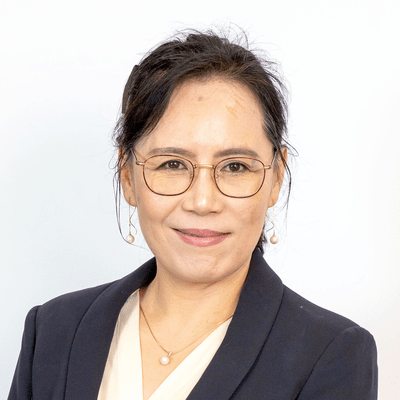What Australia needs to understand about China's technological edge in critical minerals supply chains
March 28 2024

CRITICAL FACTS, CRITICAL MINERALS AND CHINA: WHAT AUSTRALIANS NEED TO KNOW
As the Australian federal government implements its critical minerals strategy, the Australia China Business Council together with the Australia-China Relations Institute at the University of Technology Sydney (UTS:ACRI) have embarked on releasing Critical facts, critical minerals and China: What Australians need to know – a series of thought leadership analysis pieces around China's historical and potential future involvement in Australia's critical minerals and rare earths sectors.
Aside from China being a major market, it is not well known that whether it be through foreign investment, labour up-skilling or technology transfer, Chinese companies have played a crucial role in Australia's emergence in the critical minerals and rare earths sector. With China's booming green economy, the demand for such resources and interest in partnering with Australia is likely to continue and to increase. However, there have been questions raised in the Australian national debate as to whether Chinese interests are welcome in the sector. This series of analysis pieces explores and unpacks some of the history and facts that are required to have a wholistic understanding of what an ongoing presence or lack thereof of Chinese involvement in the sector is likely to mean for Australia.
The views and opinions expressed are those of the authors and do not necessarily reflect the official policy or views of the ACBC. UTS:ACRI also does not take an institutional position on any issue.
Critical Insight 3. What Australia needs to understand about China's technological edge in critical minerals supply chains
There is a prominent but misleading notion that the PRC's position in critical minerals supply chains stems principally from subsidies extended by Beijing favouring domestic producers, cheap labour and a disregard for environmental costs. The reality, however, is that the PRC's competitive advantage today more fundamentally reflects an unrivalled number of industrial clusters and leadership in a range of cutting edge technologies. The PRC government mitigates technological risks in critical minerals processing by funding research and supporting innovation, while addressing geopolitical risks by diversifying supply sources and establishing strategic reserves, and it stabilises market volatility through subsidies and price controls to ensure a stable and secure domestic supply chain. Many of the incentives deployed by Beijing to develop its critical minerals capabilities are also WTO-consistent and available to other countries, including Australia. A more practical starting point for Australian critical minerals policies would be to recognise that the PRC's place in the global value-adding ladder makes it a potentially advantageous partner - and then set about managing the risks that flow from this reality.
Professor James Laurenceson is Director of the Australia-China Relations Institute at the University of Technology Sydney.
Dr Marina Zhang is Associate Professor – Research at the Australia-China Relations Institute, University of Technology Sydney.
To read the full paper please download the PDF


